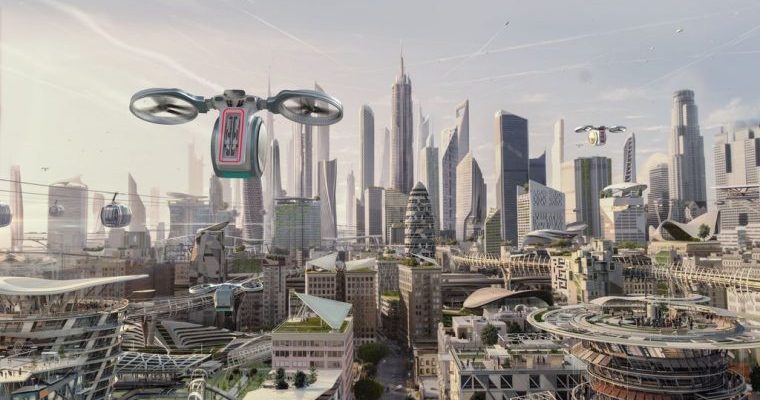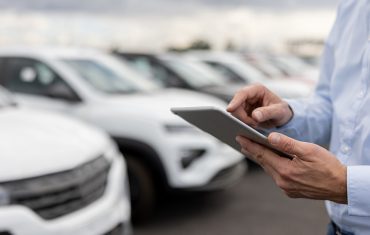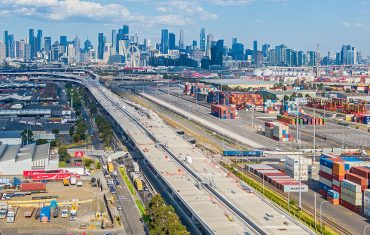
We won’t own anything by 2030
For driversStop for a moment and consider what life might look like by the year 2030, especially given how the speed of the digital revolution has already altered our way of life. Some of the current trends that affect our daily existence – as well as the insights of futurists like Steve Sammartino – provide us with a pretty good idea of the direction in which our world is headed.
One trend that is undeniable is the notion that by 2030, we will ‘own’ a lot less.
For example, as the popularity of Apple iTunes and Google Play stores has increased – and entertainment-streaming services like Netflix and Spotify gain increasing traction – the past decade has seen us gradually come to terms with the trend of ‘owning’ less but ‘accessing’ more.
Think of it this way: When you ‘purchase’ films and music from iTunes and Google Play, you are granted access to digital data stored in the ‘cloud’, rather than receiving a physical item as part of the transaction.
Sustainability is an important principle for many of us in our day-to-day lives, whether that’s how the clothes we wear are sourced and manufactured, or the materials used in the construction of our homes, workplaces and public spaces, or the providence of our food. It’s imperative to many of us that our consumer habits minimise any adverse impacts on our environment.
This principle of sustainability also extends into how we move ourselves around our cities and towns. As resources continue to become scarce – and, in some instances, dry up completely – a focus on sustainable living will play a greater part in shaping our world by 2030.
Given the portability of communications and the proliferation of smartphones, environmental and sustainability challenges, the quality of urban living changes and housing affordability issues, the reality is that many of the material expectations we grew up with might not be possible anymore. As a consequence, it’s more cost-effective and practical to rent, hire or share everything, as opposed to actually owning it.
As the practicalities of this aspect of modern life are made easier by technology, one area of our modern world that’s only going to get larger is the sharing economy. The sharing economy is evolving rapidly as a response to all of these challenges of modern existence.
The sharing – or ‘collaborative economy’ – has emerged at notable speed. Here, in Australia, the rapid rise of companies like Uber, Deliveroo, Airbnb, Airtasker and the like has seen Delloite estimate that, in NSW alone, the revenue earned by some of the biggest players in the sector in 2018 will be worth $2.6 billion, which is an increase of 68 percent on the previous year. That’s a lot of sharing.
Ordering pizza, finding someone to perform maintenance work around the house or choosing accommodation for your next holiday are just a few aspects of the sharing economy that will be familiar to most people. However, research conducted by the Boston Consulting Group shows there is a lot of money being invested into emerging areas of the sharing economy such as construction equipment, pet-sitting/minding, storage services, household goods and fashion, shared working spaces and parking spaces.
And there’s also been a noticeable growth in the popularity of car sharing services like Flexicar, GreenShareCar and Car Next Door.
Vehicle ownership is not a sustainable option for more and more people due to a number of reasons – maintenance costs, the adverse effects on our environment brought about by the large numbers of vehicles on our roads, our living circumstances, and a range of other concerns like parking, insurance and other day-to-day running costs. The ability to rent a vehicle and avoid these costs is an increasingly appealing solution for our growing and changing cities.
A novated lease already takes away many of the concerns of owning a vehicle, but one trend that is still sure to gain increasing traction in the coming years in Australia – and is, in fact, already having a huge impact in Europe and the UK – is a concept known as mixed mobility.
Mixed mobility is the reimbursing of employees for use of public transport options – or ride and car sharing and car subscription services – as part of their salary packaging options. As a concept, it ties in comfortably with the growth of the sharing economy. And it is definitely one aspect of life in 2030 that will play a significant role in the lifestyle of your employees in the coming years.
As a future-focused business professional, you’d be wise to keep your eye on the sharing economy and how you can bring its benefits to your people, especially when it comes to their mobility options. Watch this space…
 Driving Insights
Driving Insights




